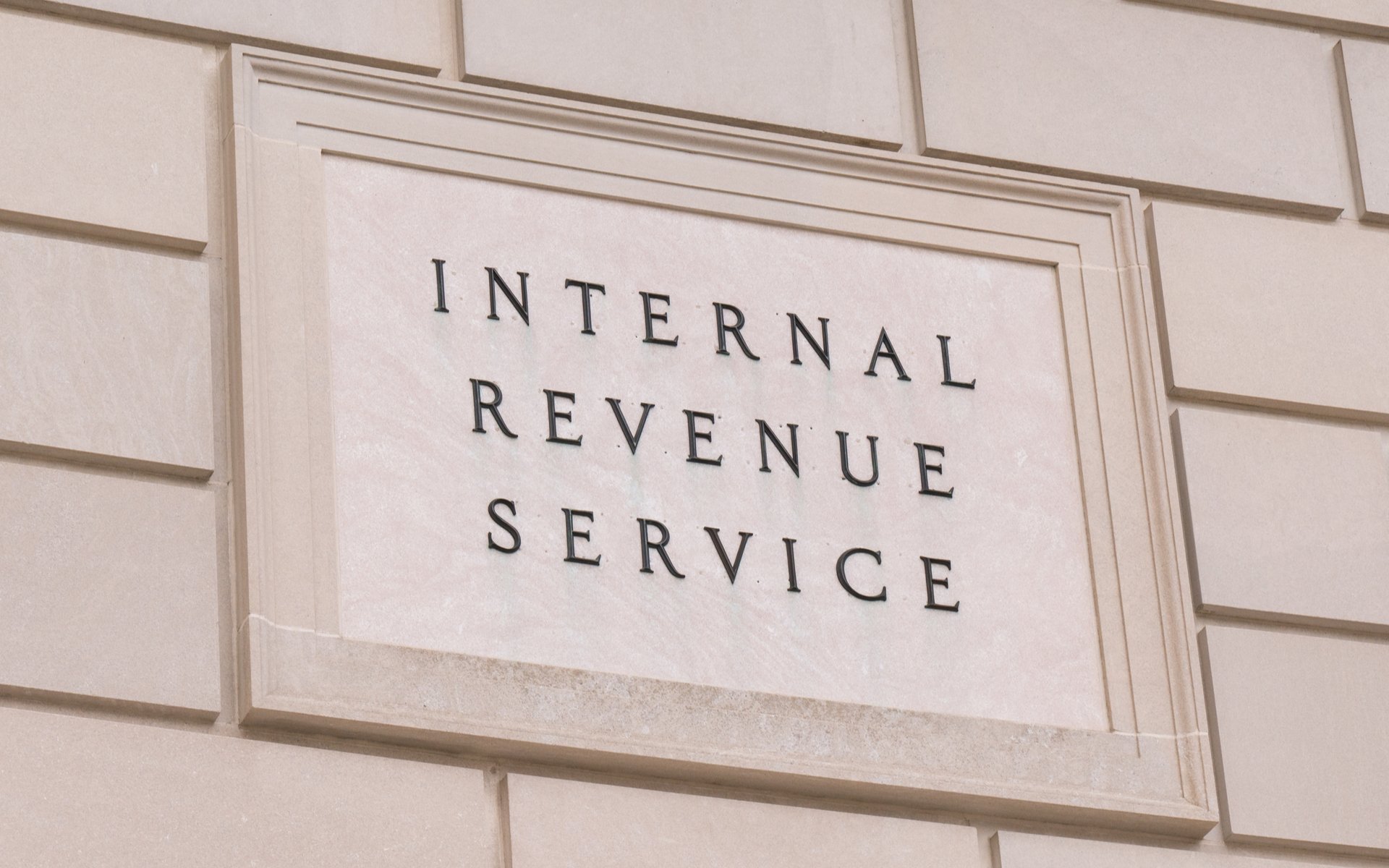The Internal Revenue Service released its newest FAQ and guidelines on taxing US nationals for crypto transactions. The updated guidelines may come as a surprise to those that once rejoiced because of hard forks and the “free” coins that came with them.
Is a Hard Fork Really Income?
Outside of the already established rules for declaring short-term or long-term capital gains, the IRS believes coins originating in a hard fork created taxable income for the year in which the coins were received.
IRS cryptocurrency guidance!
"If a hard fork is followed by an airdrop and you receive new cryptocurrency, you will have taxable income in the taxable year you receive that cryptocurrency.”
More to come as we digest
— Neeraj K. Agrawal (@NeerajKA) October 9, 2019
Twitter commenters immediately noted that the IRS misinterpreted hard forks, which do not lead to an airdrop. Instead, the owner is immediately in control of assets on a new chain. The IRS, however, has put up a condition for recognizing income from airdropped coins. The taxable event only happens when the owner “receives” the coins, and can “transfer, sell, exchange, or otherwise dispose of it.”
So unless a crypto holder goes on to do a “coin split” operation, they are still not the owner and are not taxed. This detail may assuage concerns that malicious entities can go on and fork multiple coins, just to make their owners indebted.
In the case of Bitcoin (BTC), earlier forks like Bitcoin Cash (BCH) and a few others were more widely adopted, but there are dozens of small forks where no one has taken the pains to split their wallet.
IRS Calls for Stricter Record Keeping
The IRS also called on crypto traders to keep a stricter record of their transactions. And more often, a taxable gain occurs only after liquidating the assets for cash. When selling digital coins, to recognize the right capital gain or loss, the IRS may want to see records on how each unit or batch of units was acquired, to determine the asset basis. If the person does not provide a record on which coins were traded, then the sale is assumed on a first-in-first-out (FIFO) basis.
The IRS offers even more curious approaches to taxing crypto assets. If one receives pay in a currency that is currently worthless and untraded, the IRS calculates the basis of this currency as the fair value of the goods or services. Such a treatment of “fair value” could actually turn into a tool for recognizing a capital loss.
Fortunately, moving coins and tokens between one’s own wallets does not trigger a taxable event. But receiving any payment is accounted as income based on the fair value of the crypto asset at the day of receipt. A possible loophole is the receipt of cryptocurrency as a bona fide gift, in which case no income is immediately recognized, but a taxable event occurs once the coins are sold.
What do you think about the approach of the US IRS on taxing cryptocurrency? Share your thoughts in the comments section below!
Images via Bitcoinist Media Library, Twitter: @NeerajKA








